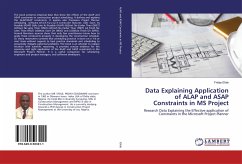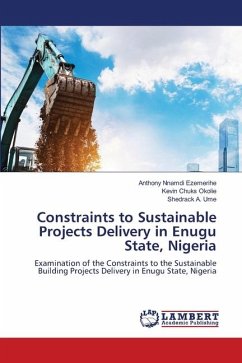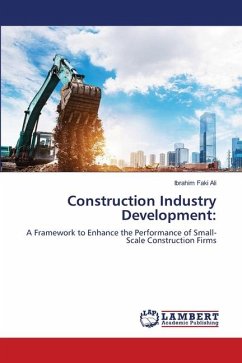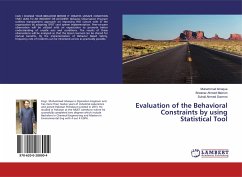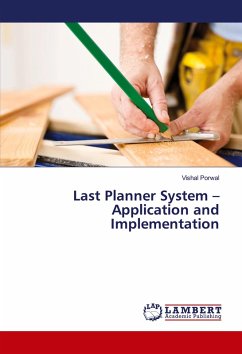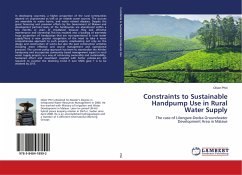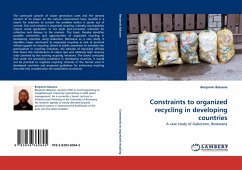The book presents empirical data that show the effects of the ALAP and ASAP constraints in construction project scheduling. It defines and explains the ALAP/ASAP constraints. It applies also Primavera Project Planner scheduling software which has such constraint features: (i)As Soon As Possible (ASAP) (ii)As Late As Possible (ALAP) (iii)Start No Earlier Than (SNET) (iv)Start No Later Than (SNLT) (v)Finish No Earlier Than (FNET) (vi) Finish No Later Than (FNLT) (vii)Must Start On (MSO) and (viii)Must Finish On (MFO). Several literature sources show that only few practitioners know how to apply these constraints properly in developing the construction schedule. So many researchers contend that scheduling practice is done on a 'hit or miss' basis without regards to best practice standards and scheduling to proactively mitigate potential problems. The book is an attempt to replace intuition with scientific reasoning. It provides concise evidence for the scenarios and right application of the ALAP and ASAP constraints in the Microsoft Project Planner. It is a useful companion for scheduling engineers and project managers, and software developers.
Bitte wählen Sie Ihr Anliegen aus.
Rechnungen
Retourenschein anfordern
Bestellstatus
Storno

